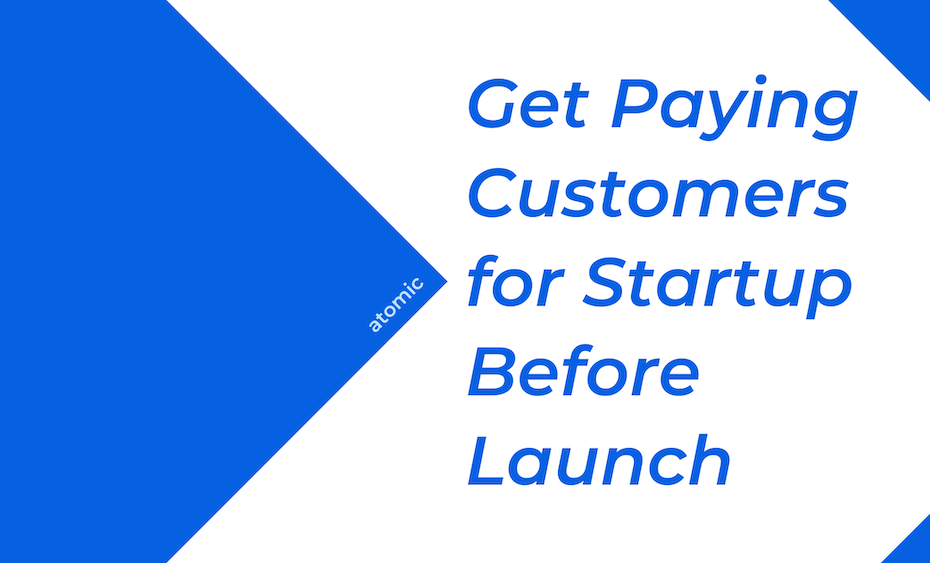I made two huge mistakes when launching my first startup. We will cover the first mistake in another article, but for now, let’s focus on the second: not having paying customers before launch.
I know you might be thinking, why would anyone be interested before the launch? But this isn’t quite right, as people are often open to trying new products, services, and experiences even before they are unfinished and available to everyone.
Should You Onboard Customers Before Launch?
In most cases, the answer is absolutely yes, but it does depend on the product you are launching.
I’ll go in-depth about how you can do this, so keep an open mind. This way, you can decide for yourself whether or not onboarding customers before launch is right for you.
If this is your first startup, remember that execution matters more than the idea itself. These steps are straightforward and simple to follow, but they are highly effective when implemented properly.
How to Get Your First 100 Paying Customers
Launch a website
No matter what stage your website, app, or product is in, you should have a website up and running as soon as you decide to pursue your idea.
A simple “Launching Soon” page with some key insights can do the job. If you have a set launch date, include a countdown timer, and make sure to add a form to collect emails. This is an easy way to gather leads before the launch.
Communicate clearly about your product, its current stage, and the impact it’s aiming to have. Ask if people are interested in becoming your first users, and collect their details to reach out before launching your startup.
Deploy Your Network
Share your website and product information across all platforms so people know you are working on something exciting. Direct them to your website where they can pre-sign up.
Each week, post new, interesting information about your product and its features. Ask for feedback and input from your audience; you might get valuable insights to improve your idea.
Encourage your team to do the same. They should share the same passion posting online as they do while building the product.
Join Communities
Become hyperactive, either before or after working on your product, in communities where you can engage with potential clients. There are many forums on nearly every topic, so finding the right ones shouldn’t be difficult.
Answer questions related to your domain on platforms like Quora and Reddit. This will help you build credibility, which can assist in gaining a few customers before your launch.
Make Your Product in Versions
Instead of planning to launch a fully fledged startup (website, app, or product), launch a MVP (basic version) as early as possible. The MVP should include the core features that give your potential customers an early glimpse of your product.
You can offer early access or a beta version to community members and leads you have gathered from your website and social media.
Not only are they likely to convert into paying customers for your startup once you launch, but they’ll also provide valuable feedback. This way, you’ll have a superior product at the time of launch.
Launch Your Product Like an Event
Treat your product launch as an event, involving your early users, social network, and community.
Three to five days before the launch, start posting daily on social media and in communities to build hype. Send emails to all the leads you have gathered from your website and early beta users.
If possible, incentivize your early users to refer others by offering a free month, a free sample, or another related reward.
Final Thoughts
Launching a startup without paying customers is one of the biggest mistakes you can make. Engaging early users before your official launch can help build anticipation and credibility. By following the steps outlined, you’ll gather valuable feedback and create a strong customer base from day one.
Remember, execution is key. It’s not just about having a great idea, but about how well you bring it to life. Onboard customers early, engage your community, and treat your launch like an event—this will set you up for success.
